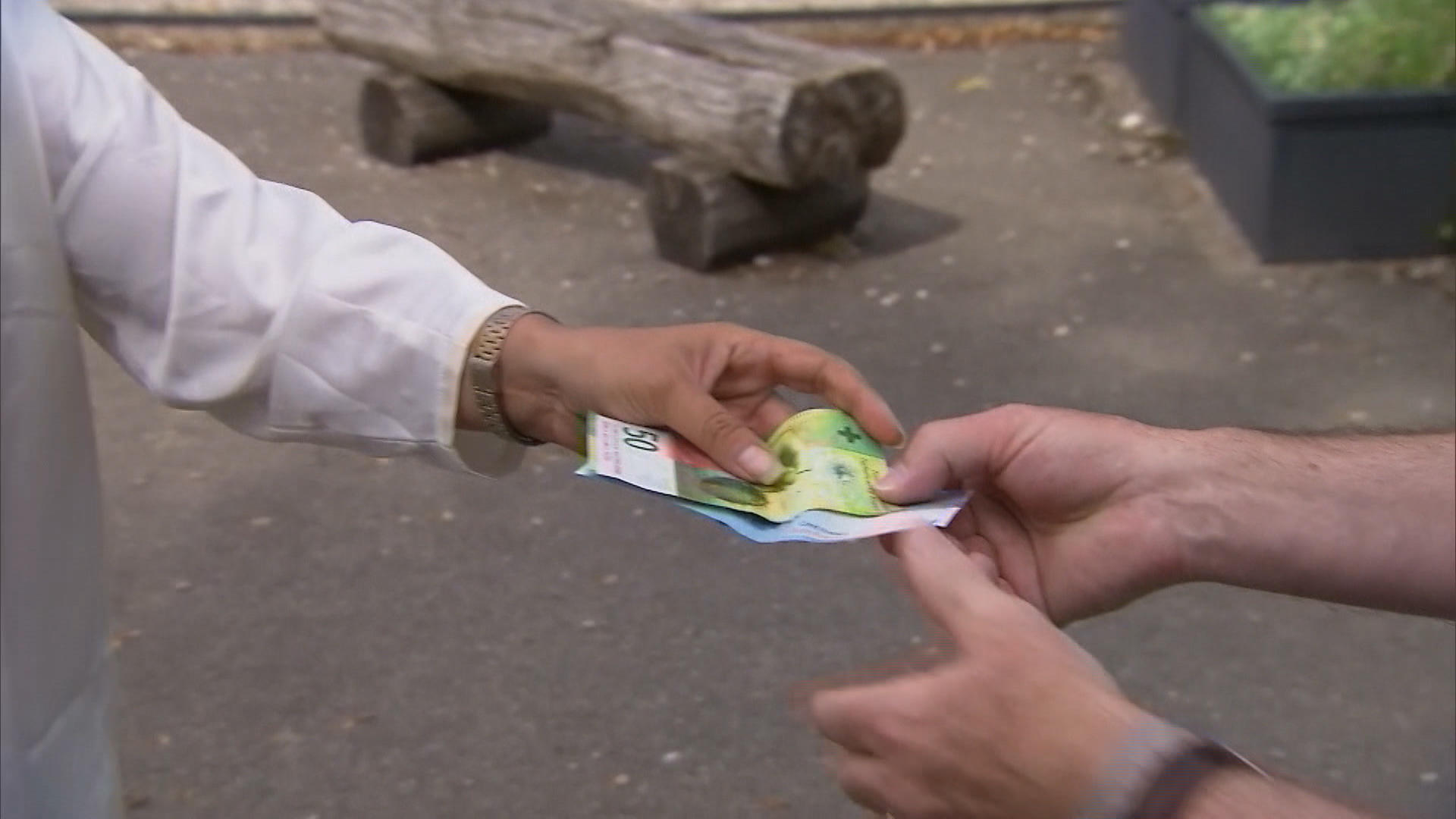
Unconditional Swiss income experiment fails to get funding

A programme that would have paid Swiss villagers CHF2,500 a month in unconditional basic income has failed to raise sufficient funding.
Fundraising for the project and accompanying documentary film by Rebecca Panian ended on Tuesday with only CHF150,000 ($150,600) collected – well short of the CHF6.1 million required to kick off the experiment in Rheinau near Zurich.
Panian said she had been aware of the difficulties of collecting so much money in a short period of time. “Expectations were high, very high. It was a daring project,” she said on Tuesday.
Around 770 people out of the 1,300 population had signed up to the project launched on October 16. The minimum needed for the experiment was 650 people.
Participants would have received an unconditional basic income of CHF2,500 per month for one year. But those who earned more than that, either through employment or benefit payments, would have had to pay the basic income back.
+ Each person would get CHF2,500 ($2,592) per month
The Swiss rejected an initiative for a similar unconditional basic income in a national referendum in 2016.
“Many wondered why they should have given money to the people of Rheinau. That means we didn’t manage to get the message across that this experience would have benefited everyone,” Panian commented.
While not enough money was raised, it was “not for nothing”, she added. The people of Rheinau discussed the issue and over half the village volunteered. It also generated interest abroad in Germany and Portugal, she said.
Panian’s team, Rheinau residents and the local authorities will now carry out an evaluation to decide the future of the project.

More
Money for nothing?

In compliance with the JTI standards
More: SWI swissinfo.ch certified by the Journalism Trust Initiative


























You can find an overview of ongoing debates with our journalists here . Please join us!
If you want to start a conversation about a topic raised in this article or want to report factual errors, email us at english@swissinfo.ch.